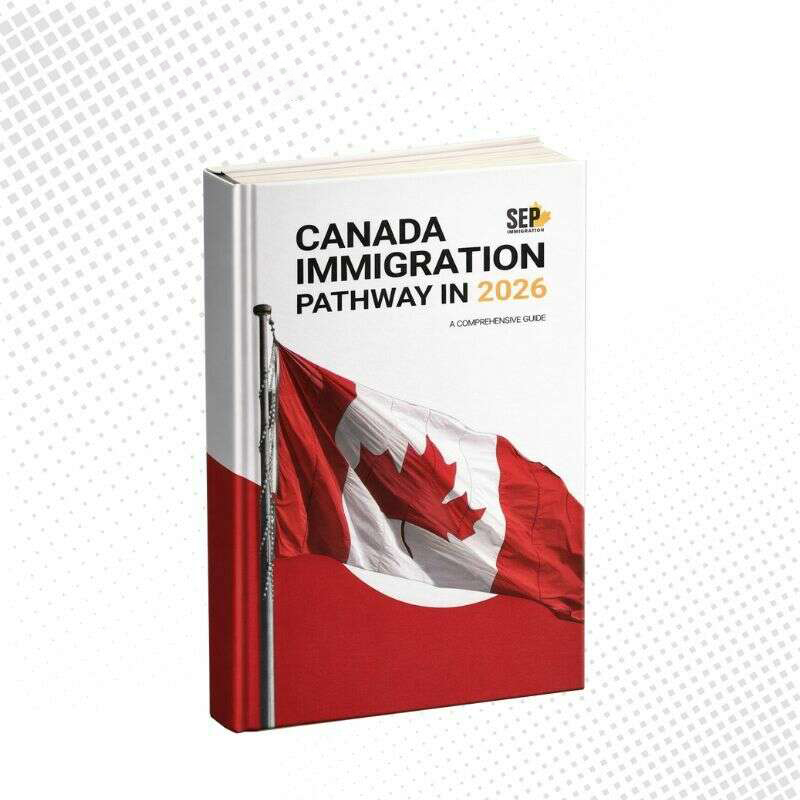
To sponsor a relative to Canada, you need to meet specific criteria. You must be at least 18 years old and a Canadian citizen, a person registered in Canada as an Indian under the Canadian Indian Act, or a permanent resident of Canada.
Sponsoring a relative involves a financial commitment to support their basic needs once they arrive. This includes providing food, shelter, and other necessities like dental care and eye care that aren’t covered by public health services.
The sponsorship process involves two main steps:
- Application to Sponsor: You must apply to sponsor your relative and ensure you meet all eligibility criteria.
- Permanent Residence Application: Your relative must apply for permanent residence in Canada. Both applications need to be submitted simultaneously.
Sponsors are required to apply online, and an application checklist will guide you through the necessary forms and documents. Make sure you meet all requirements, as missing information can delay or invalidate the application.
Table of Contents
ToggleRequirements to Sponsor a Relative to Canada
As a sponsor, you must commit to supporting your relative’s basic needs, which include:
- Basic Living Needs: Food, shelter, and clothing.
- Health Needs: Dental care, eye care, and other health needs not covered by public health services.
You will sign an undertaking agreement, promising to support the sponsored person financially for the length of the sponsorship period, even if your personal circumstances change. This undertaking means you are responsible for repaying any social assistance they receive during this period.
Financial Requirements: In most cases, there is no minimum income requirement unless:
- You are sponsoring a spouse or partner with a dependent child who has their own child. In these situations, you must meet the Minimum Necessary Income (MNI) based on the Low-Income Cut-Off (LICO) rates. For 2024, the income requirements are:
- 1 person: $29,380
- 2 persons: $36,576
- 3 persons: $44,966
- 4 persons: $54,594
- 5 persons: $61,920
- 6 persons: $69,834
- 7 persons: $77,750
- For each additional person over seven: $7,916
These rates ensure you have the financial capacity to support the sponsored relative and yourself without needing social assistance.

Who Cannot Sponsor a Relative to Canada?
You may not be eligible to sponsor if:
- You are under 18 years old.
- You are not a Canadian citizen, permanent resident, or a person registered under the Indian Act.
- You are receiving social assistance for reasons other than a disability.
- You have previously sponsored someone and didn’t repay any social assistance they received.
- You are in default of an immigration loan, performance bond, or court-ordered child or spousal support.
- You have been convicted of a violent or sexual offense.
- You are under a removal order or in a penitentiary, jail, or prison.
If you’re a permanent resident living outside Canada, you also cannot sponsor relatives. Canadian citizens living abroad must show they plan to reside in Canada when the sponsored person becomes a permanent resident. For more information on broader sponsorship options, you can refer to Family Sponsorship Canada, which covers various categories and eligibility criteria.
It’s crucial to note that sponsors who default on their obligations can face legal consequences, including being barred from sponsoring in the future.
Which Relatives Can You Sponsor?
In most cases, you can sponsor:
- Your spouse, common-law partner, or conjugal partner.
- Your dependent children, whether they are biological or adopted.
You can sponsor other relatives in very specific situations, such as:
- Orphaned brothers, sisters, nephews, nieces, or grandchildren who are under 18 years old, unmarried, and whose parents have passed away.
- One relative of any age if you have no other relatives you can sponsor, like a spouse, partner, child, or parent, and no other relatives who are Canadian citizens, permanent residents, or registered Indians under the Indian Act.
In cases where relatives, like an orphaned sibling, niece, or nephew, have a spouse, partner, or dependent children, they can be included in the application as long as they meet the eligibility criteria.
Curious about how to navigate the sponsorship process and bring your loved ones to Canada? Let SEP Immigration guide you every step of the way. We ensure your application is accurate, complete, and on time. Reach out to us today to start your sponsorship journey with confidence.
FAQs
A person is ‘admissible’ if they pass medical, criminal, and security checks. This means they have no criminal record, are not a security risk, and meet Canada’s health standards.
The process can vary, but it typically takes about 12 months to process sponsorship applications. Factors like incomplete applications or additional document requests can extend this timeframe.




